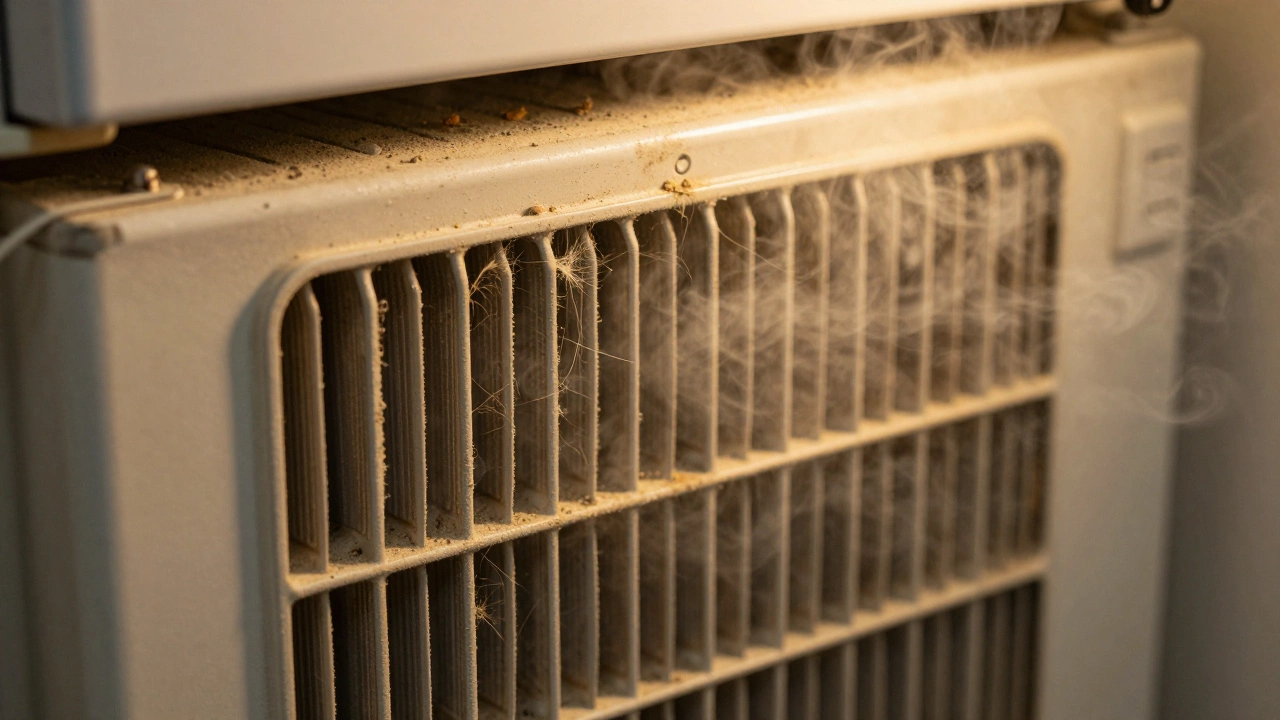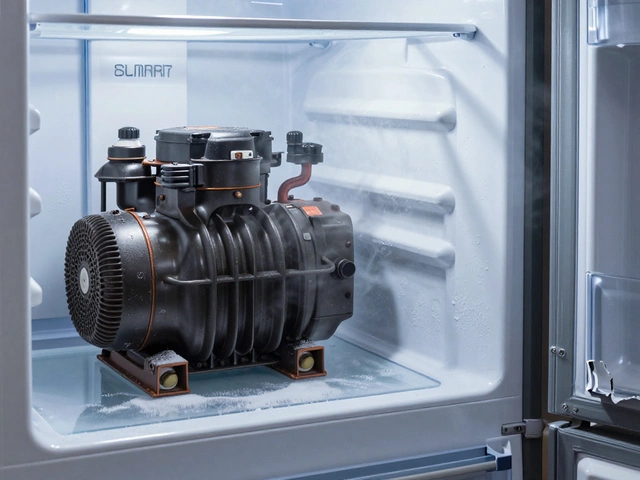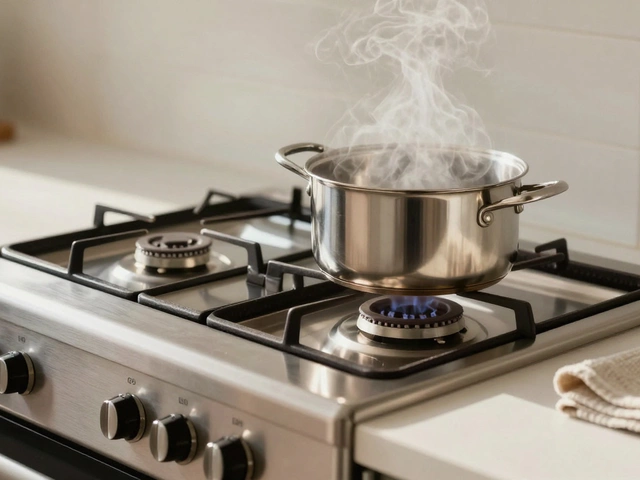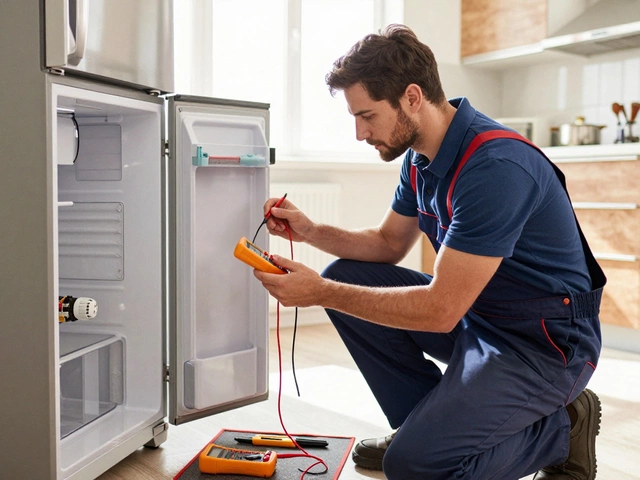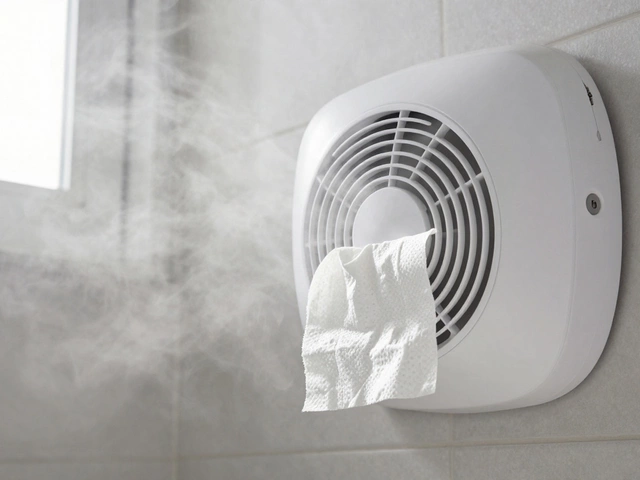Appliance Longevity: Simple Ways to Keep Your Home Gadgets Running Longer
Ever wonder why some appliances seem to last forever while others give up after a few years? The answer is usually a mix of regular care, smart use, and catching small problems before they explode. Below are easy habits you can start today to boost the lifespan of everything from your fridge to your boiler.
Everyday Maintenance That Pays Off
Most breakdowns happen because dust, grime or missed servicing cause parts to wear out fast. Here’s a quick checklist you can run every month:
- Refrigerator coils: Pull the fridge away from the wall, vacuum the back coils, and wipe the door seals. Clean coils keep the compressor cool and cut energy use.
- Oven and hob: Remove burnt food debris and clean the heating element after each use. A clean element runs cooler and lasts longer.
- Dishwasher: Scrape food bits from the filter, run a hot‑water cycle with a cup of white vinegar, and check the spray arms for clogs.
- Dryer: Empty the lint trap after every load and give the vent a thorough cleaning a few times a year. Good airflow prevents overheating.
- Boiler and water heater: Schedule an annual service, bleed radiators, and look for leaks around the pressure valve.
These few minutes of effort each month stop small annoyances from turning into costly repairs.
Smart Usage Tricks to Reduce Wear
How you use an appliance matters as much as how you clean it. Follow these simple habits:
- Don’t overload the washing machine or dryer – it strains motors and shortens belts.
- Keep fridge temperature between 3‑5°C (37‑41°F) and freezer at -18°C (0°F). Too cold makes compressors work harder.
- Use the ‘eco’ or ‘low‑heat’ setting on ovens when possible. Lower temperatures reduce stress on heating elements.
- Run the dishwasher only when it’s full, and choose the quick‑wash cycle for lightly soiled loads instead of the heavy‑wash every time.
- Turn off the boiler when you’re away for long periods – a short break saves wear on pumps and controls.
These tweaks cost nothing but add years to your gear.
When a problem shows up, act fast. A fridge that’s not cooling often points to a dirty condenser or a failing fan – both cheap fixes if you catch them early. A noisy oven may just need a new thermostat, not a full replacement. And if you hear the dryer humming but not heating, the heating element or belt is probably the culprit.
If you’re unsure whether to repair or replace, think in terms of lifespan versus cost. For example, a 7‑year‑old oven typically has 5‑7 more good years if you replace a faulty thermostat, but a 20‑year‑old boiler with recurring leaks is a bigger risk. Use the rule of thumb: if the repair costs more than half the price of a new unit, it’s usually smarter to replace.
Finally, keep a simple log of service dates and any repairs. Seeing a pattern – like a dishwasher that needs a new pump every two years – helps you decide when it’s time to upgrade.
By cleaning regularly, using appliances wisely, and fixing small issues fast, you’ll stretch the life of every major appliance in your home. Less waste, lower bills, and a kitchen that keeps humming along – that’s what appliance longevity is all about.
Average Refrigerator Lifespan: What to Expect and When to Replace
- Alden Wilder
- Feb 5 2026
- 0 Comments
Discover the average refrigerator lifespan, key factors affecting it, and signs it's time to replace. Practical tips to extend your fridge's life and save money on repairs.
View MoreLongest Average Lifespan of a Washing Machine: How Long Will Yours Last?
- Alden Wilder
- Jul 23 2025
- 0 Comments
Curious about how long washing machines last? Find out the longest average lifespan, what affects it, interesting facts, and tips to keep yours running strong.
View More